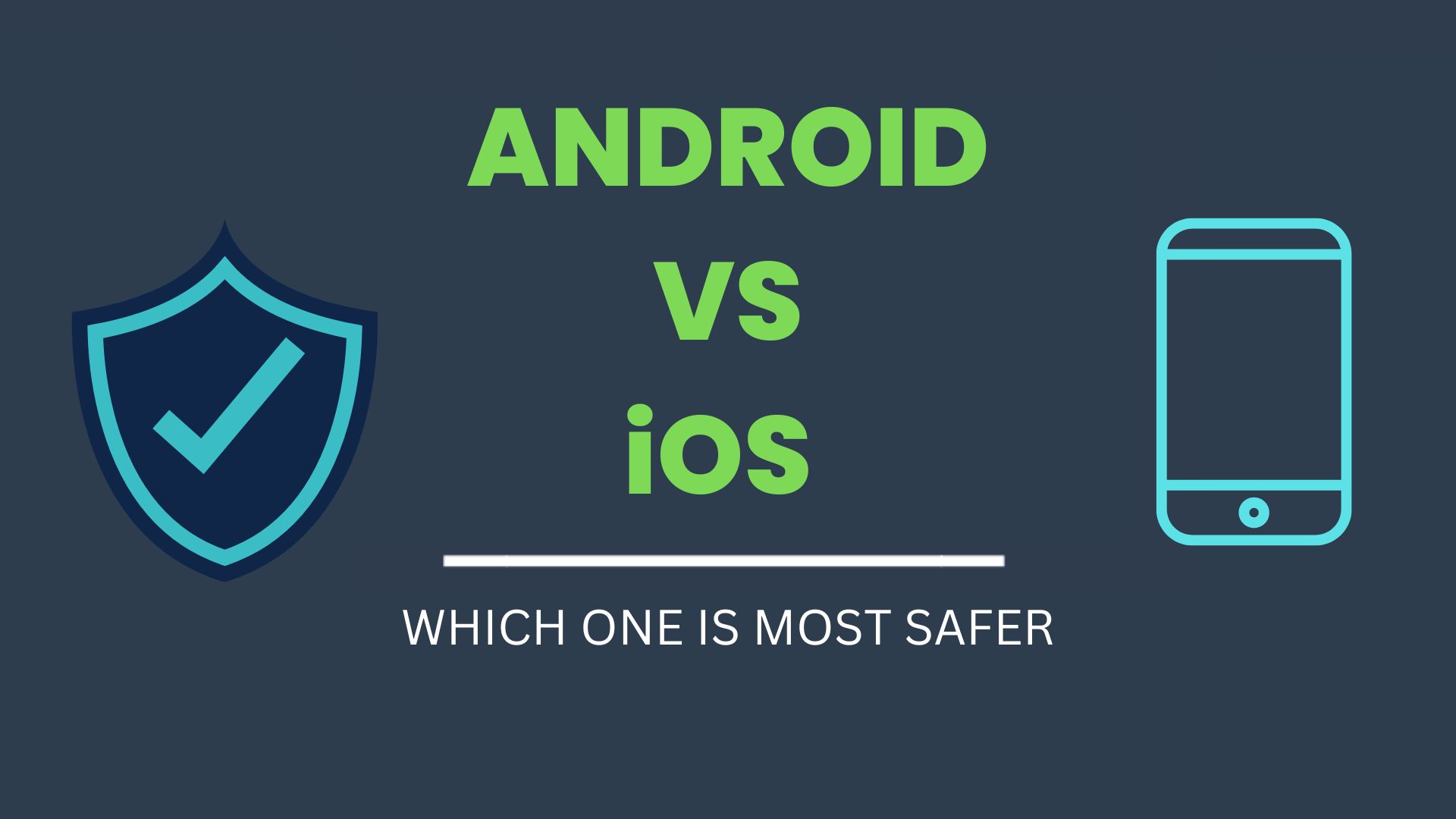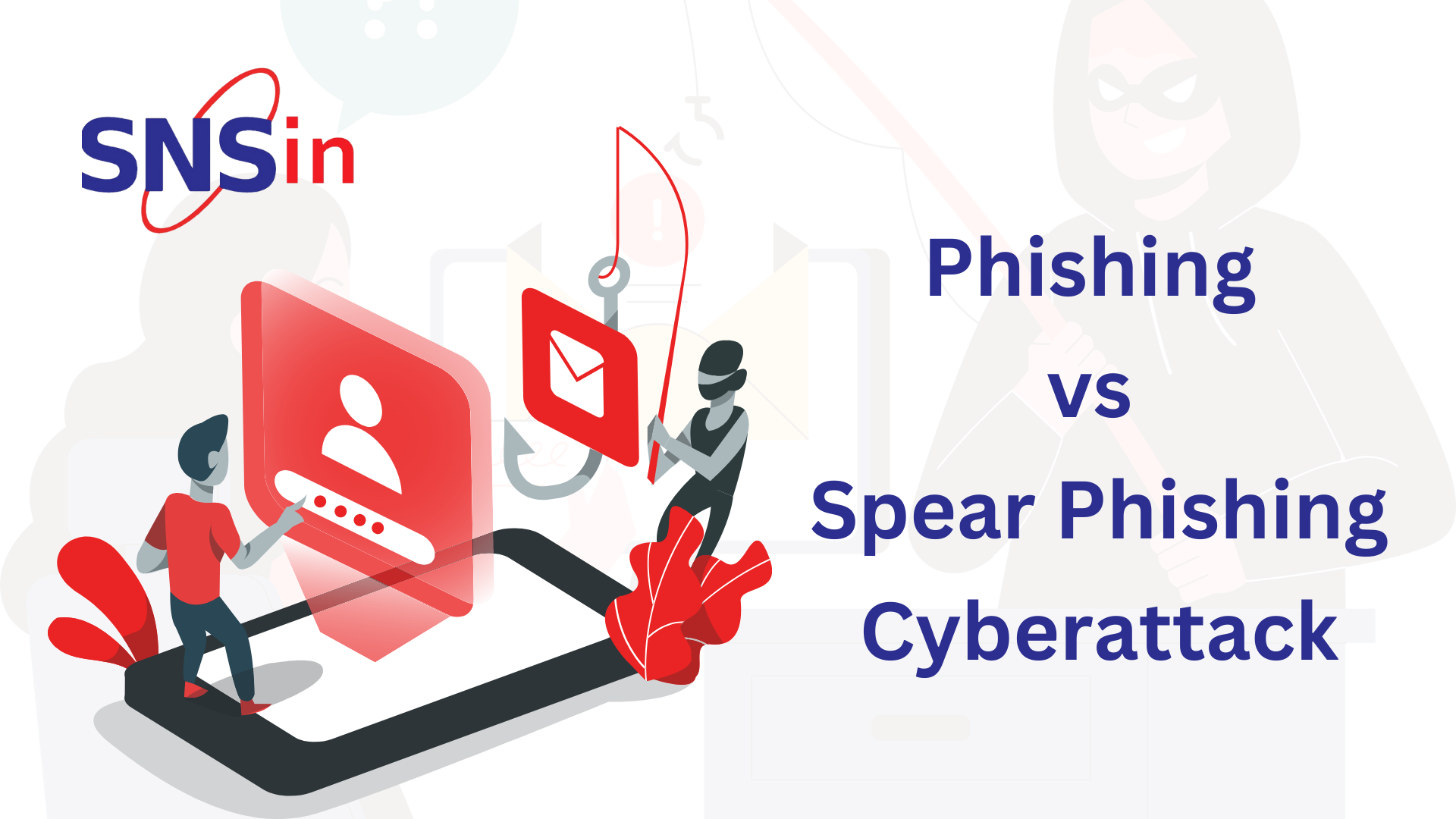cyberattacks are becoming more rampant and sophisticated. No device is free from the possibility of being infected by a Malware or sophisticated spywares like Pegasus. Mobiles store passwords, bank account details, photos and other types of confidential information that, if leaked, can cause severe repercussions for its owners. Cybercriminals are coming up with more advanced techniques to hack data. To keep away from such risks and maintain sensitive information security, it is vital to choose a reliable mobile operating system. While much of the responsibility rests with the owners of mobile devices, an equal duty rests upon the device and software developers to keep platforms secure. iOS and Android are two operating systems which are used by millions worldwide, yet there are significant differences in safety and threat immunity. These differences exist not only in the security threats both operating systems face but also in the attempt they make to mitigate them. Complete security from threats could be challenging to achieve, but certainly, one needs to choose one over the other. This article is aimed at weighing the pros and cons of both.
Immunity to Threat
When basing a comparison on the threat level, it seems Apple users are certainly on the better side of the fence. Research has found that a higher percentage of mobile malware breaches Android than iOS. This is because Apple has stringent control over which applications are available for download on its App store, ensuring that no apps allow malware into the devices. However, statistics alone cannot be conclusive. Both platforms are equally at risk from social engineering, which will enable hackers to use innovation to breach sensitive data. As we all know Pegasus spyware did exploit, supposedly more secure iPhone as well .Software Security
Many threats to Android can be mitigated if users keep their devices running on the latest operating system version. Fragments of the older versions can fall into the hands of malicious actors, so keeping the software updated is vital. On the other hand, Apple does not face this issue since every software version upgrade is quickly made available to users. Pegasus exploited iOS versions up to 14.7 using zero-click vulnerability, which was quickly patched up by Apple. There are definitely disadvantages to the tight control that Apple maintains regarding the overall activity that occurs on its platform, but there is doubt that it creates a safer environment for the average user.Hardware Integration
The security of Android depends on the hardware that it is running on. Many older handsets are not configured to access newer security update versions. Also, handsets differ when it comes to the inbuilt security features. In continuation of the overview above, let us look at some of the strengths and weaknesses of the iOS operating system.Why is iOS more secure?
- Regular updates: Apple rolls out updates frequently, which implies that the OS is constantly patching over security vulnerabilities.
- Update Availability: Most devices receive the latest version of the software.
- Secure app store: Apple has a single app store where there is a higher degree of vetting, while anyone can publish an app for Android devices.
- Closed-source code: A closed-source code makes it difficult for cyber-attackers to find vulnerabilities.
- Closed-source code: Even though this feature is meant to serve as an advantage, it is also why users cannot identify and report any problems or vulnerabilities.
- Less scope for user feedback: Since the user base is smaller, feedback is lower too.
- Major weaknesses: Recent updates of the software have brought to light some new security threats, which were not previously there.
How Safe is Android?
Since Android is more popular worldwide and the first choice for many, it has a higher potential for security threats to arise. On the contrary, its broad user base implies that the Android community can provide more feedback for optimizing security measures.Android Security Strengths
Here are some of the greatest strengths of the Android interface:- An open-source code: This helps users to identify and report any vulnerabilities.
- More feedback from users: Its wide user base facilitates a greater possibility of feedback from users.
- Third-party security support: Android has a wider range of third-party security applications.
Android Security Threats
One major flaw that makes Android vulnerable is its large user base globally. This is precisely what makes it more open for cyber breaches. Some of its weaknesses are:- Open-source code: Again, one of the pros is also a con. Cybercriminals can easily search for and take advantage of vulnerabilities.
- Not enough updates: Devices are eligible only for two years of updates. Older devices do not have access to the latest security software versions.
- Multiple app stores: Each store vets differently, making malicious apps easier to publish and make their way into people’s devices.
In 2022, Which is Safer- Android or iOS?
In the review above, we considered the weaknesses and strengths of both operating systems: iOS and Android. Ultimately, iOS is a cut above the Android, owing to its frequent updates accessible to almost all recent devices. Even though Android has had more secure updates in the recent past, its ability to roll those down quickly to devices is limited; hence, the software varies on different devices. Android has resolved its issues to a huge extent but still remains less secure than the two. Whether you are an Android user or have an iPhone, you can never be 100% safe from security breaches and malware attacks. Measures should be taken irrespective of the device and the software. Users have to enable & configure the security features available in both OS versions to minimize their risks.About SNS
Secure Network Solutions (SNS) provides a quantifiable, risk-based approach to building a global structure of cybersecurity infrastructure based on internationally recognized frameworks and practices. We have been providing cyber security services and catering to clients across industries for the last 22 years. Write to us at [email protected] or visit us at www.snsin.com. ![]()




